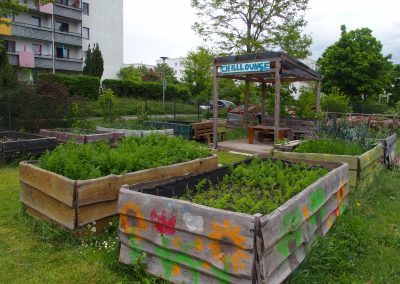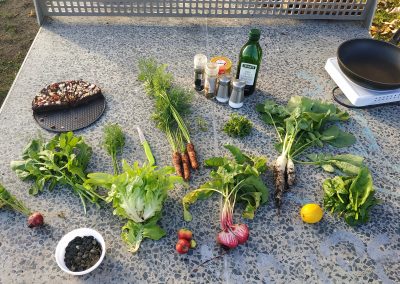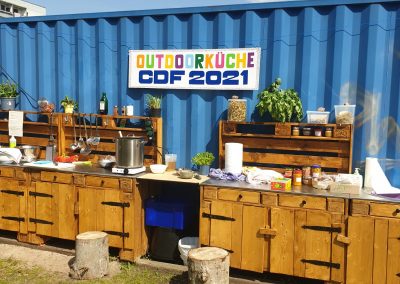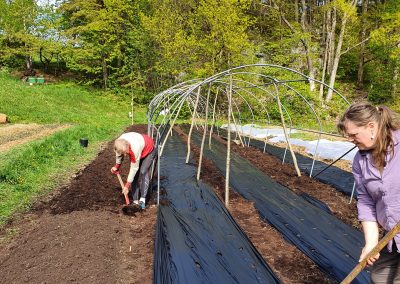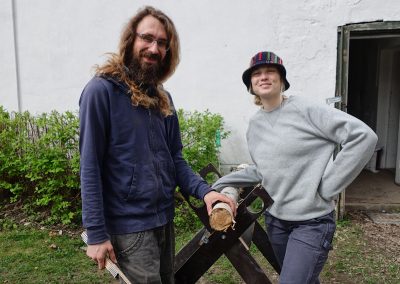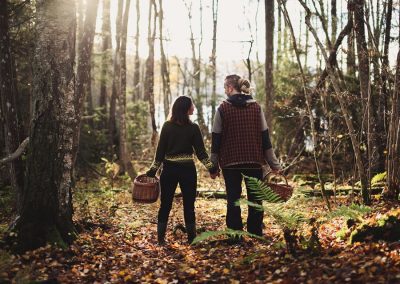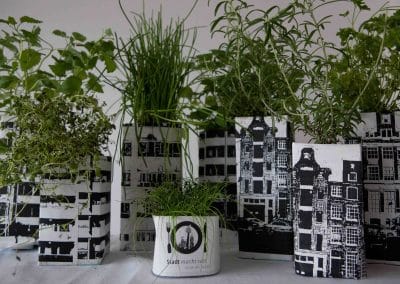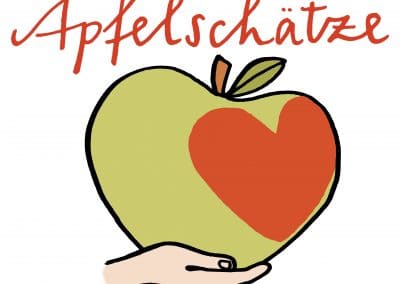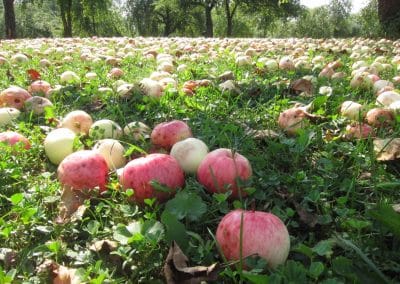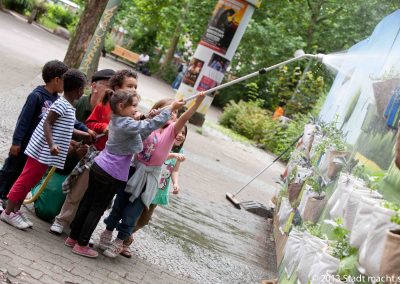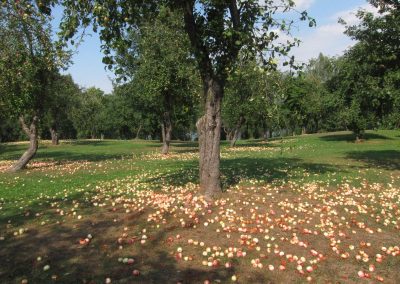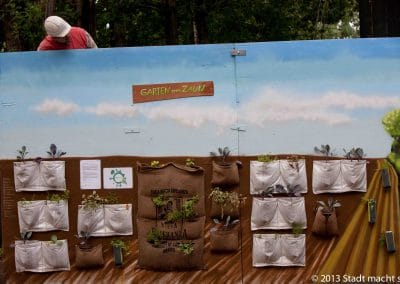Edible School Hellersdorf
Edible School Hellersdorf
We are the “Edible School” from Hellersdorf, a district in Berlin. The Edible School is a model project for holistic nutrition strategies in schools that integrates practical and theoretical educational offerings on the topic of balanced, healthy and sustainable nutrition into the classroom and everyday school life. The topics of nutrition and education are thought together at Caspar-David-Friedrich-Schule. Examples of this are: AGs, project days, student club work, events, planting the garden, and cooking and experimenting in the kitchen. The centerpiece is the school garden, which has been growing on the school grounds since 2014 and produces fresh food year-round. ; ; With the project “Networked Nutrition Education – from Elementary School to University”, the Edible School goes one step further. It is the hub for a network that promotes good nutrition in Hellersdorf. Together with the schools participating in the network, workshops, information events, project days, parents’ evenings, etc. take place in the living environment school, accompanied by specialists.
Our achievements:
The outdoor kitchen is a supplement to the teaching kitchen and is located in the immediate vicinity of the garden and the sports field. The teaching of the connection between growing and preparing food becomes even clearer here. In addition, the outdoor kitchen has a campfire site, so that on the one hand (after prior safety instruction) food can also be prepared by the fire and on the other hand, outdoor lessons are still possible at lower temperatures. Once a month, the market stall takes place in the schoolyard of the Caspar-David-Friedrich-School, offering free samples prepared with seasonal products from our school garden. The goal is to inform the students* about regional and seasonal products and at the same time to inspire them for different ways of preparation. The low-threshold and voluntary offer reach a large number of students who normally tend to close their minds to the topic of “healthy nutrition”.
Bee AG; In the AG led by a beekeeper, children learn about the history of bees and why bees are essential for our survival. Getting to know the beehive and the bees: what do bees do and why. Taking care of the beehives, making honey, handicrafts with the yields of the bees such as wax, propolis and much more under the guidance of a beekeeper.
Contact:
denkhaus@foerderband.org
Alte Hellersdorfer Str. 7
Berlin, Germany
[ess_grid alias="grid-1"]
Updates für diese Seite an EdiCitNet schicken
Wir freuen uns, wenn du uns Updates für diese Seite per E-Mail schickst.

